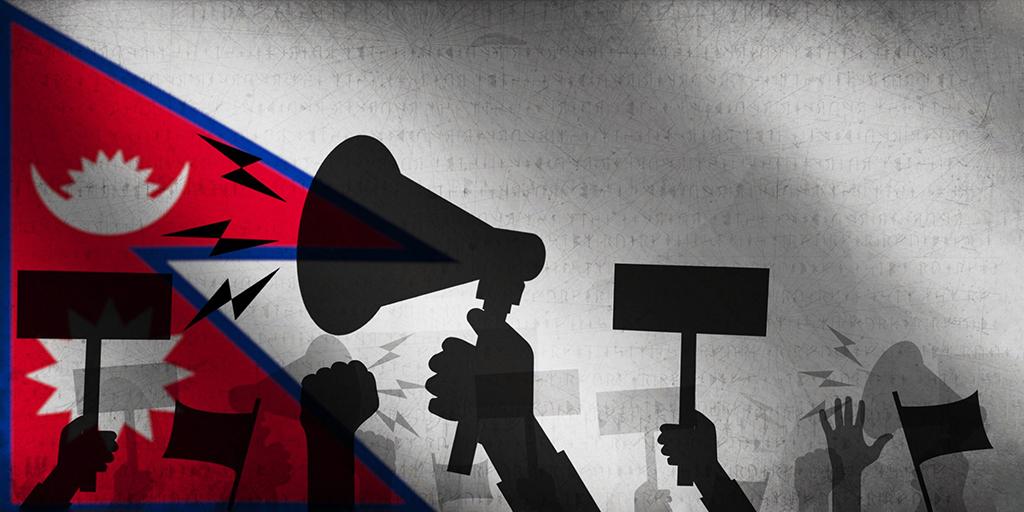
Prophetic Lesson from Nepal
The prophet Isaiah warned about the end of the age: “As for My people, children are their oppressors, and women rule over them. O My people! Those who lead you cause you to err, and destroy the way of your paths” (Isaiah 3:12). While those comments were intended for the Israelite-descended nations at the end of the age, one might wonder what the world will look like when this prophecy fully comes to pass. For an idea, it is worth taking a look at a small nation lodged in the mountains between China and India: Nepal.
According to The Guardian, Nepal’s governmental corruption and instability, coupled with the catalyst of a ban on social media, moved the Gen Z youth of the country—individuals between the ages of 13 and 28—to take to the streets (September 15, 2025). Over the course of their protests, the national parliament and the home of the prime minister were burned, and more than 20 people died (BBC, September 9, 2025). In the midst of this violence, the social media ban was reversed, and the prime minister resigned. An interim prime minister, Nepal’s first woman in this role, was sworn in, with official elections to follow in March. According to reports, Nepal’s youth were inspired to act by the recent unrest in Sri Lanka and Bangladesh, where youth uprisings also toppled governments.
While the youth uprising in Nepal may have been prompted in part by governmental corruption, their actions also show how powerful, highly motivated youth efforts can totally change a country—and the violent lengths to which they might go to achieve that change. The example of Nepal is one to keep in mind as we see radical changes occurring in Western nations, including many Israelite-descended nations. Where these changes will go—many led by young activists—is sobering to contemplate. To learn more about the effects of changing cultural values, read “The Foolish Generation!”



